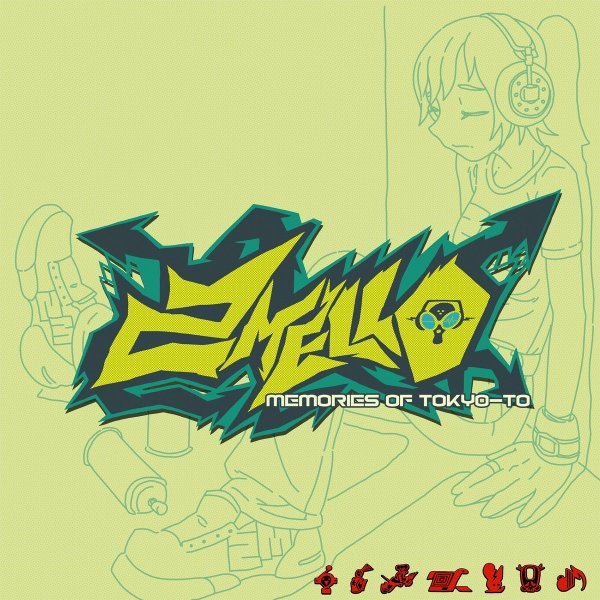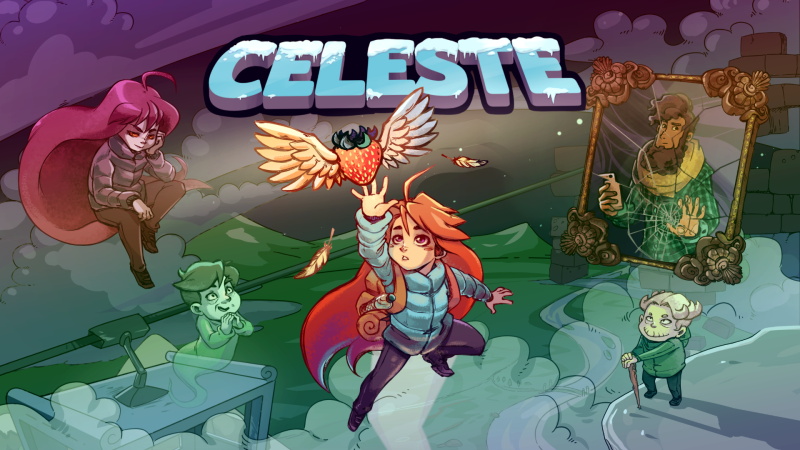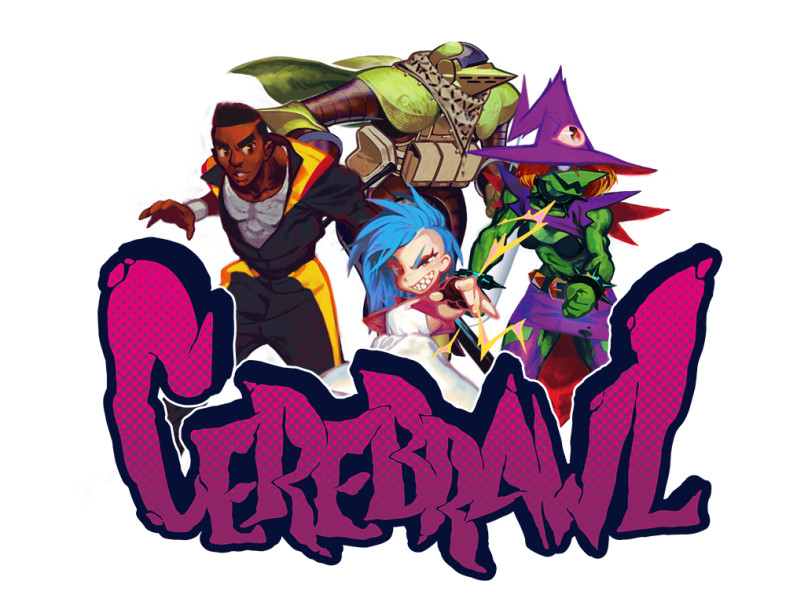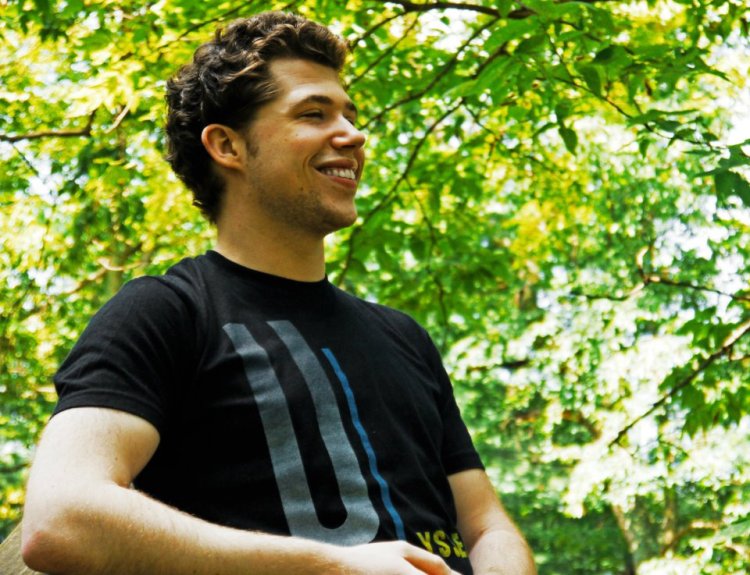Some of the most memorable game music have come from the indie scene — think the haunting resolve of Lena Raine‘s soundtrack for Celeste, Darren Korb‘s rousing guitars and driving beats in games like Pyre and Transistor, or Jim Guthrie‘s transcendental tunes in titles like Superbrothers: Sword & Sworcery EP. But when music producer and sound designer Matthew “2 Mello” Hopkins ran a poll late last month, the majority of people said that they think composers get paid shockingly low amounts for their creative work.
Out of the 2,800 folks who voted, 41 percent estimated $1,000 to $5,000 for two years of work and hundreds of hours of revisions. A close second, 38 percent, guessed $10,00 to $15,000. Hopkins was surprised by how low people went with their estimations, but he says that the voters were pretty much on point. For about 30 minutes of soundtrack with two years of occasional revisions and additional work, he would earn about $6,000.
“But I did not think that people would think it was that low,” said Hopkins in a phone call with GamesBeat. “I thought people would be aghast at $5,000. I didn’t think people would think it was just hundreds of dollars for an entire soundtrack.”
Hopkins began making music as a teenager, and electronica was his genre of choice for several years. Then he had a revelation in 2013 when he released Chrono Jigga, an inspired mashup of rapper Jay-Z and the soundtrack from the classic JRPG, Chrono Trigger. He saw a “connection between game music and the music I like,” and began pursuing a career as a game composer.
Since then, he’s created the soundtracks for games like Midboss‘s 2064: Read Only Memories and Zero Dimension’s Cerebrawl, as well as additional tracks for the B-side levels in Matt Makes Games’s addictive platformer Celeste. He’s working on the soundtrack to Later Alligator, an upcoming game from developers Pillow Fight and SmallBu Animation Studio. He also frequently releases albums and remixes, like his Jet Set Radio tribute Memories of Tokyo-To and his upcoming hiphop album Return of the Soul, which will drop on July 24.
Altogether, he has 15 years of experience making music, and he sits somewhere in the “mid- to mid-high” range of rates that he’s seen from his peers. He makes anywhere from $100 to $300 per minute of composition, while some composers on the higher end make around $500 to $800 per minute.
“The reason I, at least personally, have had trouble jumping to that higher rate is that — to me, it looks like potentially losing some of the clients that have been really good to me here at this level. Not being really sure if I can pick up clients at that higher rate,” said Hopkins. “Which is not to say that my current clients wouldn’t be willing to pay. In a lot of cases I think they’re just not able. If I raise my rates, that doesn’t change the level of their games’ budgets.”
Studios with larger budgets can afford to bring on a composer on retainer to make as much music as needed; however, teams with fewer funds can only contract someone for maybe 10-15 minutes of music and will have to stretch those for the entire duration of a game. Complicating matters is how each composer works differently, and everyone has a different strategy to support themselves financially.
The creative process

Above: Hopkins created a Jet Set Radio tribute album, Memories of Tokyo-To.
Hopkins often starts by working with a client on figuring out what sounds they want him to use. Then he’ll put together a list of instruments and tools, which narrows the scope of what he’s experimenting with.
“Over a period of an entire project, it can take, I don’t know, a few hundred hours to make an entire game,” said Hopkins. “Sometimes longer if you’re doing really in depth, dynamic stuff with a soundtrack, using technology like the FMOD middleware. It can cause you to have to create several layers of a song, to match the way the player is interacting with the game. It can vary. But typically, if I’m composing, mixing, and mastering something, it’s about three to five hours per minute.”
For indie games, Hopkins says it’s useful for composers to think in small loops that can play over and over seamlessly, since the client might not have the money to commission entire songs for a level. For areas that the player might spend a lot of time in, though, composers will have to make larger loops so that the music doesn’t become repetitive.
In Hopkins’ case, he studied how NES games have 40-second loops as soundtracks and became adept at accomplishing a lot in 90 seconds. This enables him to help navigate clients’ low budgets while still giving them quality music for their games.
“For an example, recently a client was paying me for three minute-long tracks. Two would be in the game and one would be in a menu,” said Hopkins. “The problem I realized is that players would probably not spend too much time in the menu, so the song wouldn’t really be heard. I didn’t feel it was worth their time or my time making it. So what we did is made it so that this third track could be used as level music, but also, in the menu, we would just loop the intro of it. That way it was able to serve two purposes separately and give more bang for their buck overall. Knowing how music that you write can be divided into parts can be really helpful.”
If a composer ever needs to push back on a client’s request, Hopkins recommends framing it as a suggestion that you’re making for the good of the project. You might try giving some examples from other games that show what you think would work better than the client’s original ask. But if they won’t take your suggestion, “it is what it is,” said Hopkins. “You’re still the person they hired. You’re there to do exactly what they want.”
Once a composer has sent over an initial soundtrack to the client, they will often get notes back. To get the most useful feedback and pinpoint what they want, Hopkins suggests asking them for “three things they would change about it [and] three things they wouldn’t change.” Rather than asking overall if they like or don’t like it, a composer can get much better feedback if they ask unique questions.
Creating a shared vocabulary is also useful. While many people might describe a sound as “crunchy,” they might mean different things.
“If I mention something in the music and tell them the time at which it occurs and say, I’d call this being a very grimy sound, do you want more of that sound in that particular spot?” said Hopkins. “That way, we kind of establish a word for how something sounds and we can go from there.”
How to make a living

Above: Matthew Hopkins remixed Lena Raine’s soundtrack for B-side levels in Celeste.
Hopkins says that composers have different ways of generating an income — some go on tour, others take on public speaking gigs. It’s generally accepted, though, that having a portfolio of other music is useful. Bandcamp is the go-to spot for hosting albums, both soundtracks as well as solo projects.
“The things that a composer can get are the rights to the music—we can negotiate for royalties from the game, like a rev share model. And sometimes you’ll negotiate for that as your only payment, but I think that’s pretty rare,” said Hopkins. “Selling the soundtrack is a huge thing, being able to sell the soundtrack on our own platform. What I negotiated with the team behind Read Only Memories is I would be able to sell the soundtrack on my Bandcamp, which is definitely the primary place that people find my music.”
Though composers can sell their albums on platforms like iTunes, Bandcamp has the best revenue share, taking a 15 percent cut versus Apple’s 30 percent. Many composers also release their albums on Spotify, but that’s not a huge source of revenue. Hopkins says he doesn’t mind the music streaming service because it’s not taking away too much from his album sales, but the payout is miniscule.
“I think I’ve also said once that you can listen to my album on Spotify every time you want to listen to it for the rest of your life, and you’ll probably not end up paying me as much as if you’d bought it for $10,” said Hopkins. “The streaming money, I think it’s .007 cents every time someone listens to a song.”
Often the agreement with a developer is structured so that even if the game does well, composers aren’t seeing a cut of that revenue. However, a successful game can help a composer earn name recognition, which might make it possible for them to “ask for a proper rate,” said Hopkins. Composers like Danny Baranowsky (Crypt of the Necrodancer, Super Meat Boy, The Binding of Isaac) and Disasterpeace (Fez, Hyper Light Drifter, Mini Metro) have become known for working on hit games.
“It’s something that I think a lot of composers at my level struggle with. We need to get some more credits before we start asking for rates that would help us gain more stability, which is not necessarily a great argument, but it’s something we struggle with, I think,” said Hopkins. “When someone like Danny B. is being included in a Kickstarter pitch, you can bet that the person running that Kickstarter has already factored in their rate and is including their name as a way to propel the project as a whole.”
Advice and red flags for aspiring composers

Above: Matthew Hopkins composed the soundtrack for the 4-player fighting game Cerebrawl.
The most important piece of advice Hopkins has for folks who want to become game composers: Don’t work for free.
“There are people who say this is a necessary step in getting your name out there, essentially exposure arguers,” said Hopkins. “These people just want to exploit you. When you work for free it devalues everyone’s work, because once someone gets something for free, they don’t want to have to go out and pay for it.”
He makes an exception for personal projects — for instance, you might want to collaborate with a peer or create music for charity. Making music for free as part of a game jam is also usually worthwhile because composers can receive mutual benefit out of it.
“Putting yourself out there during a game jam and saying, hey, submit me a few words about what you’d want your music to be like and I’ll whip something up and send it to you,” said Hopkins. “Then you immediately have someone you’ve connected with and done work for, who you can even use as a reference.”
To find potential clients or collaborators, Twitter is the best place. However, Hopkins warns against spamming people with large numbers of followers; instead, he says that folks should try to get to know their peers because those are the people you’ll grow together with and they’ll provide the best feedback.
“Polite networking is important, rather than spamming links at someone,” said Hopkins. “Think about whether you know someone well enough to ask them out to lunch, if they would say yes. Make sure you have something in common with people you’re hitting up. But even more important, network with your peers, fellow artists on your level who are also building their visibility. Having a network of mutual respect and friendship I think is really underrated.”
Once you’re on Twitter and interacting with people, you should also make it as easy as possible to get in touch. Though some people leave their direct messages open, most clients are looking for an email address to open a conversation about potential opportunities.
Hopkins warns of a few red flags from potential clients, like people who haven’t even started developing their game yet and are looking for a composer to run with a loosely defined concept. This could lead to a project with enormous scope that will eat up a composer’s time.
Another red flag is when a client won’t give you a deadline.
“It’s very difficult for artists to work without deadlines, because any time you have the whole wide world open to you as far as how to accomplish something, you can end up slacking or dragging your feet or being confused about where to start,” said Hopkins. “Someone who’s not great at setting deadlines, you might want to work with them and say, hey, even if you don’t have anything, make something up for me. It’ll help a lot.”
And no matter what, Hopkins says composers need to make sure they have a contract in place. This will protect your rights to the work and whether or not you can sell it on Bandcamp or elsewhere. Crucially, it also limits the number of revisions a client can demand and also enables composers to end a working relationship but still get paid for the work they have done.
“With revisions we have to be careful as composers so that we don’t essentially give someone a license to make us make several different songs when just one was agreed on,” said Hopkins. “With revisions we do tend to limit it to three to five reasonable drafts in the revision process before extra charges come into play.”
Something that Hopkins is working on is also charging more. He says that he thinks everyone should charge more, especially if they’re doing creative work. He suggests calculating how much you’re earning per hour and making sure it’s above minimum wage.
“I’ve heard from visual artists that they prefer a per-hour rate, and usually not only charge for revisions, but for the time spent discussing revisions,” said Hopkins. “That’s something I’ve been considering. Making that Twitter thread did get me some good advice on how to maximize the time-to-profit ratio.”
Becoming an indie game composer is tough, but folks don’t have to take the plunge all at once. Hopkins advocates working on your music on the side rather than quitting your day job and throwing yourself into your art without a safety net.
“Just because you have a day job or a backup does not mean you are not pursuing your art,” said Hopkins. “Being able to work out a schedule to work on art in your spare time will help prepare you for when you can go full-time. My first year going full-time was terrifying. I completely failed because there’s nothing scarier than being day-to-day, working, sitting at your computer, and thinking about how you can squeeze money out of this thing.”
For composers who are just starting out, they can focus on developing a portfolio of original work that can act as a demo reel. Even if they haven’t shipped a game, they have other options to show their art to the world.
“You can make a mockup game soundtrack, or you can make an ode to a specific popular style, like I did with my Jet Set Radio project,” said Hopkins. “You should always be working on something that fills up your portfolio, whether you’re hired or not.”
IndieBeat is GamesBeat reporter Stephanie Chan’s weekly column on indie projects. If you’d like to pitch a project or just say hi, you can reach her at stephanie@venturebeat.com.

